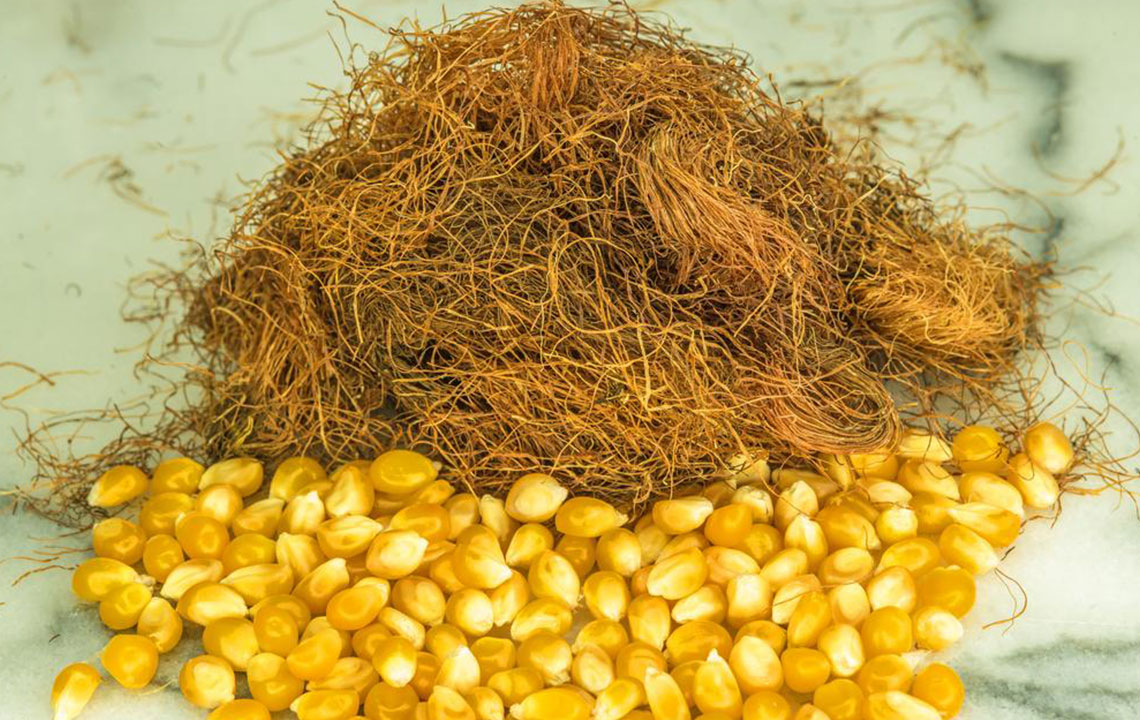Comprehensive Natural Approaches to Lower Uric Acid Levels Effectively
This comprehensive guide explores natural and effective methods to reduce uric acid levels. It highlights dietary adjustments, lifestyle changes, and home remedies such as lemon juice, cherries, baking soda, apple cider vinegar, and green tea to help prevent gout and kidney problems. Emphasizing the importance of hydration and healthy habits, the article offers practical tips supported by scientific evidence for managing uric acid naturally. Ideal for individuals seeking to improve their joint and kidney health through safe, non-pharmaceutical approaches.

Effective Natural Strategies for Reducing Uric Acid and Preventing Gout
Uric acid is a waste product generated when our bodies break down substances called purines, which are found in many foods. Normally, the kidneys filter uric acid out of the bloodstream and eliminate it through urine. However, when kidney function declines or other factors interfere, uric acid can accumulate in the body, leading to painful conditions like gout and other health complications such as kidney stones or renal impairment.
Understanding uric acid levels and how to manage them naturally is crucial for maintaining overall health. For men, the typical uric acid range is between 3.4 and 7 mg/dL, whereas women usually have levels between 2.4 and 6 mg/dL. Several factors influence uric acid levels, including dietary choices, alcohol use, BMI (body mass index), hormonal balance, and genetic predispositions. Elevated uric acid not only causes joint pain but may also damage kidney tissues over time if left unaddressed.
High uric acid levels pose risks like kidney stones and compromised renal health. Fortunately, implementing lifestyle modifications and dietary adjustments can effectively control and reduce uric acid levels, helping to prevent gout attacks and other related health issues.
Here are some scientifically-supported natural strategies to lower uric acid levels:
Lemon Juice: Despite being acidic in nature, lemon juice has an alkalizing effect on the body. It boosts vitamin C intake, which helps decrease uric acid synthesis and promotes its excretion through urine. Regular consumption of fresh lemon water can be particularly beneficial for those prone to hyperuricemia.
Cherries and Dark Berries: Fruits like cherries, blueberries, strawberries, and blackberries are rich in flavonoids, especially anthocyanins. These antioxidants have anti-inflammatory properties and have been shown in several studies to reduce uric acid levels, as well as joint inflammation and pain associated with gout. Incorporating these fruits into your daily diet can provide significant benefits in managing uric acid.
Baking Soda (Sodium Bicarbonate): Baking soda helps alkalize the blood, which can increase uric acid solubility, enabling easier elimination via the kidneys. A small amount mixed with water can be an effective remedy; however, caution is advised for individuals with high blood pressure or cardiovascular issues. It's important to consult with a healthcare provider before regularly using baking soda as a remedy.
Apple Cider Vinegar: This natural tonic contains malic acid, which supports the body's alkalinity and helps break down uric acid crystals. Drinking diluted apple cider vinegar daily can aid in reducing uric acid levels, alongside its anti-inflammatory and detoxifying properties.
Olive Oil: Incorporating cold-pressed extra virgin olive oil into your diet provides healthy monounsaturated fats that can minimize the formation of harmful fats and inflammatory compounds that may increase uric acid levels.
Maintaining Adequate Hydration: Drinking plenty of water throughout the day is vital. Adequate hydration ensures uric acid is diluted in the bloodstream and efficiently excreted by the kidneys, reducing the risk of crystal formation and gout attacks.
Green Tea: Rich in antioxidants, green tea can help regulate uric acid levels. Regular consumption has been associated with a decreased risk of gout and improved kidney health.
High-Fiber Diet: Incorporating fiber-rich foods such as broccoli, apples, carrots, cucumber, and whole grains like barley helps in uric acid management. These foods facilitate uric acid absorption and promote its elimination through the renal system, supporting overall metabolic health.
Beyond dietary strategies, adopting a healthy lifestyle is key. Maintaining a healthy weight through gradual weight loss, engaging in regular physical activity, and avoiding substances that elevate uric acid levels like soft drinks and excessive alcohol consumption are critical steps. It's particularly important to limit intake of fructose-rich beverages, as fructose can increase uric acid production.
Always seek medical advice before making significant diet or lifestyle changes, especially if you have underlying health conditions or are prone to gout or kidney issues. A healthcare professional can provide personalized recommendations and ensure strategies are safe and effective in managing uric acid levels.





